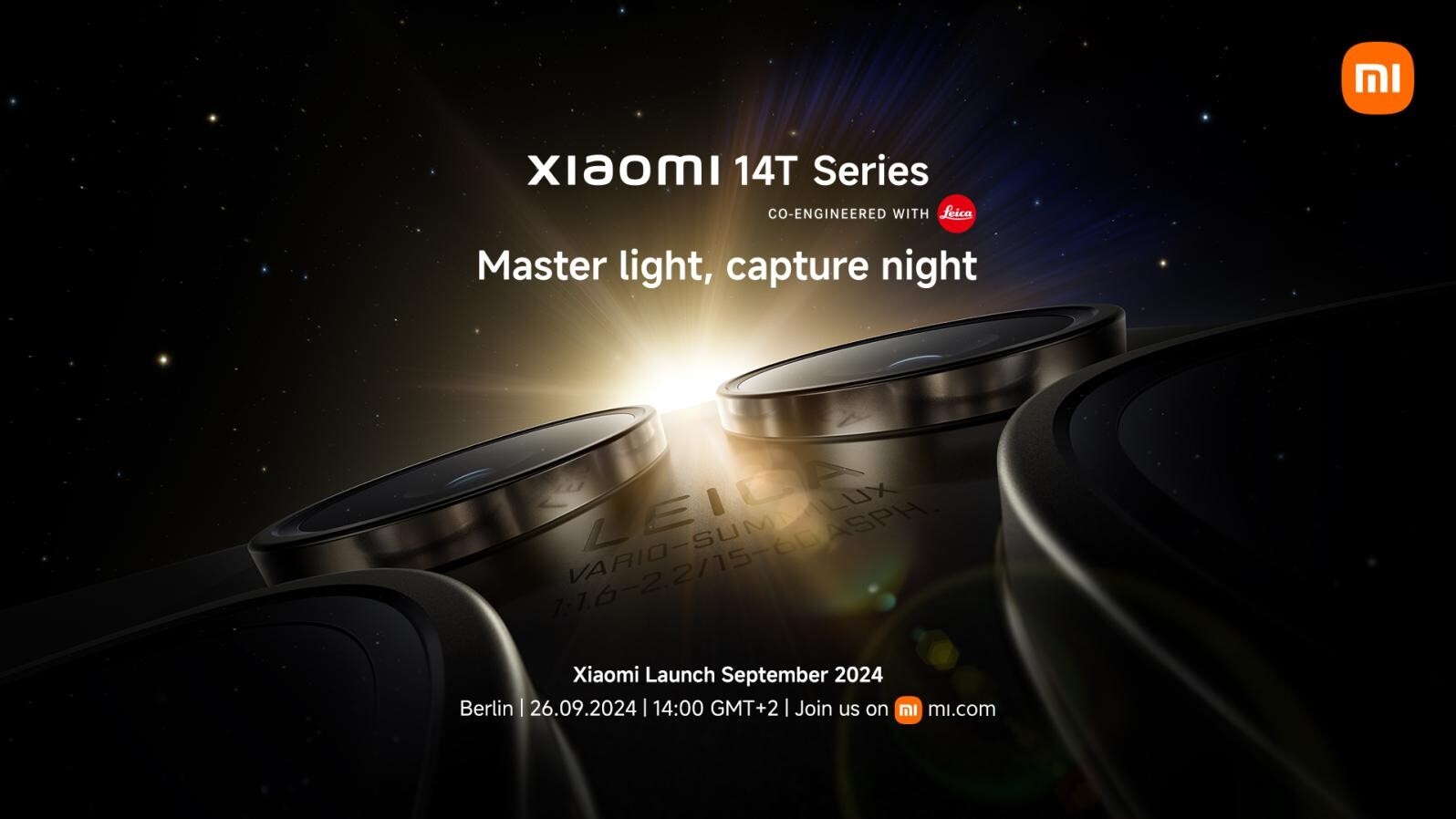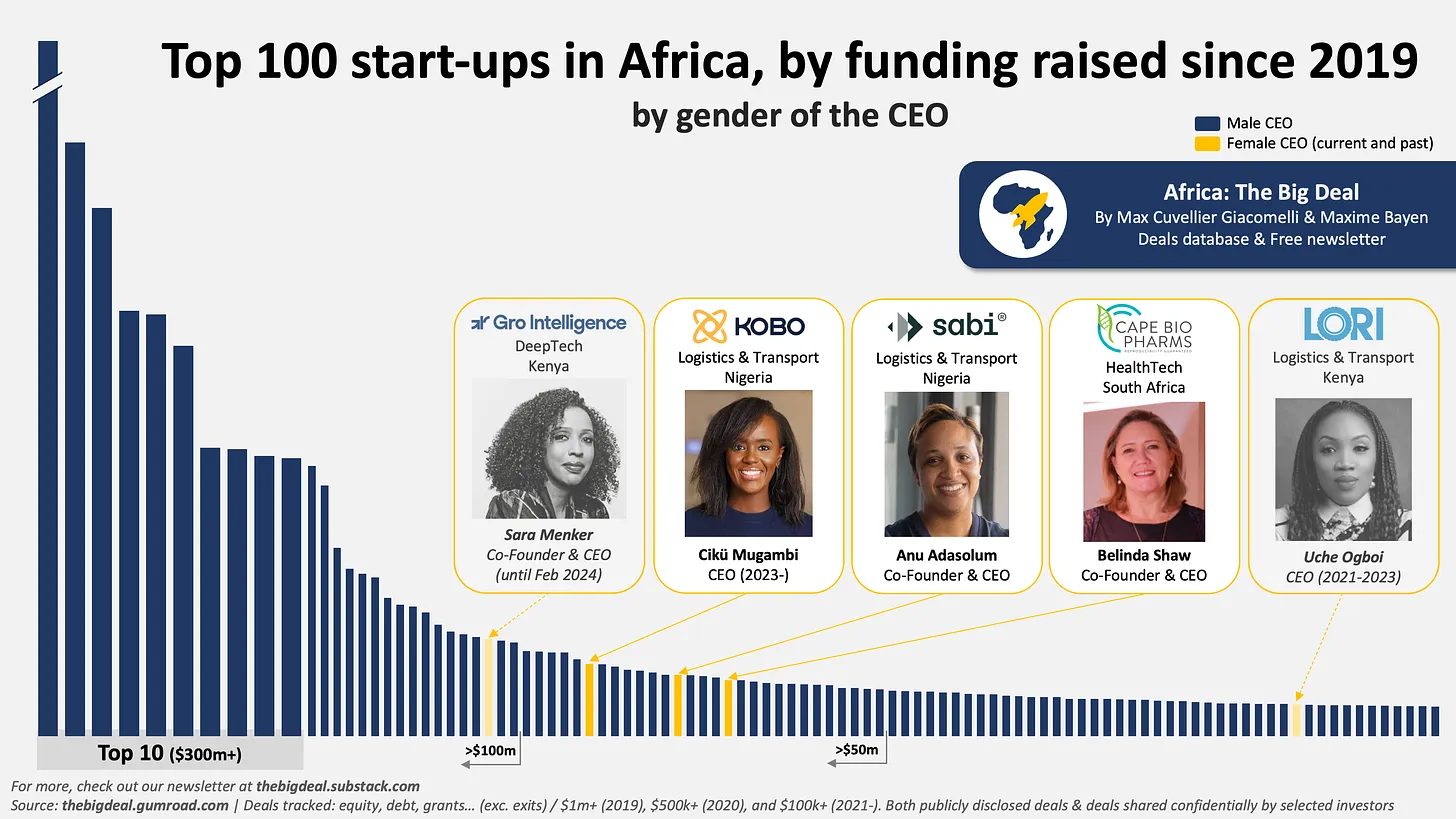Place your adverts here on InfoDig @ low rates; banner ads, sponsored links and guest articles etc. Contact us
As Nigeria strives to improve its foreign exchange management, the FX market has seen different transformative changes.
For instance, in September 1986, the Second-Tier Foreign Exchange Market (SFEM) was introduced under the structural adjustment program.
This was a pivotal moment, tackling the long-standing issues between the official and parallel exchange rates.
The SFEM brought in authorized dealers and boosted transparency, allowing market forces to shape exchange rates and significantly improve trade transaction settlements.
In 1987, Nigeria made a big move by setting up the Unified Official Market. This helped simplify processes and aided consistency by consolidating foreign exchange transactions under a single exchange rate for authorized dealers. The idea was that a more predictable and stable exchange rate would boost business growth and attract foreign investment. This further boosted the confidence of trade partners in Nigeria across the globe.
With the introduction of the Autonomous Foreign Exchange Market (AFEM) in 1995, Nigeria marked a major change in its foreign exchange market. A few years later, in 1999, Nigeria introduced the Interbank Foreign Exchange Market (IFEM), which transformed how banks traded foreign exchange. IFEM was all about boosting liquidity and transparency, sparking healthy competition among financial institutions, and promoting international trade settlements. This competition led to fairer pricing and a more efficient market, which was good news for both businesses and consumers.
Between 2002 and 2015, Nigeria explored several innovative approaches to managing foreign exchange. The Retail Dutch Auction System (RDAS) emerged as a particularly notable mechanism. By allowing authorized dealers to submit bids for foreign exchange in a competitive process. This system, along with the Wholesale Dutch Auction System (WDAS) and the Interbank Rate System, played a crucial role in maintaining a balance between supply and demand, ensuring a fair and stable exchange rate within a predefined band.
Just recently, the CBN reintroduced the Retail Dutch Auction System (RDAS) with a renewed focus on selling foreign exchange directly to end users through authorized banks. This move, which required participants to have naira-backed accounts, was a strategic response to the growing FX demand and the increasing pressure to settle long outstanding obligations and rekindle the trade business. On August 6, 2024, the CBN conducted a significant sale of foreign exchange solely to eligible visible and invisible trade transactions, through this system, with bids totaling $1.18 billion from 32 authorized dealers. Of these, $876.26 million from 26 banks was accepted at a cut-off rate of N1495 per dollar. However, compliance issues, such as late submissions and invalid forms, led to the disqualification of $279 million worth of bids from six banks.
Union Systems has firmly established itself as a pioneer in Africa, in the global trade finance technology landscape. The company has successfully transitioned from implementing international trade finance software solutions to developing homegrown applications that are uniquely tailored to meet all the Nigerian and African market requirements.
Over the past decade, Union Systems has channeled its efforts into creating an end-to-end solution that addresses the specific needs of trade finance in Nigeria, driven by a deep understanding of the challenges faced by banks and their corporate customers in trade.
This commitment has culminated in the development of Kachasi, the continent’s first indigenous trade finance software. Kachasi is not just a technological achievement; it represents a significant leap forward for global trade finance, automating the entire lifecycle of both international and domestic transactions.
The software’s funding module is particularly noteworthy, expertly designed to streamline the trade finance processes and bidding activities in all FX windows including RDAS and subsequent payment and reporting. This innovation ensures that banks can meet tight deadlines according to regulations, submit bids in the correct formats, and manage allocations efficiently through a clear and robust process, ultimately minimizing compliance issues and significantly boosting overall operational efficiency.
Author: Segun Aribisala (Head, Professional Services & Delivery)
‘Segun Aribasala is a professional Banker with over a decade and a half of experience in Import and Export Finance, Supply Chain Finance, Trade Settlements, Foreign Exchange Management, International Payments, Domestic Payment and Settlements, Sales and Correspondent Banking, Structured Trade Finance and Business Development. Before joining Union Systems as the Product Manager, his experience spanned Domestic and Foreign Operations to Relationship Management.
He is currently the head of Professional Services and Delivery, his primary responsibilities include but are not limited to managing the Business Analysts in Client Services, Product Implementation, Project Management, Customer Support, and Product Management Teams at Union Systems Limited.















 English (US) ·
English (US) ·